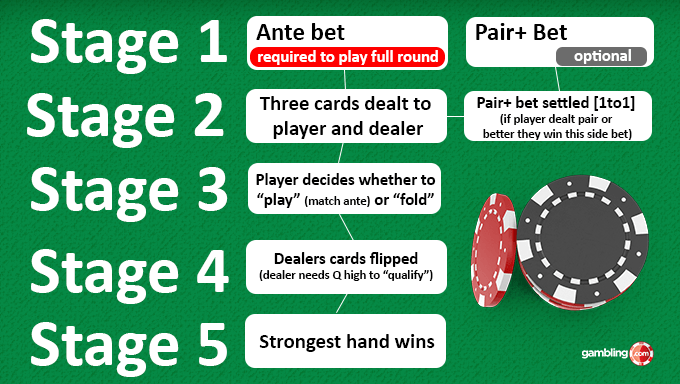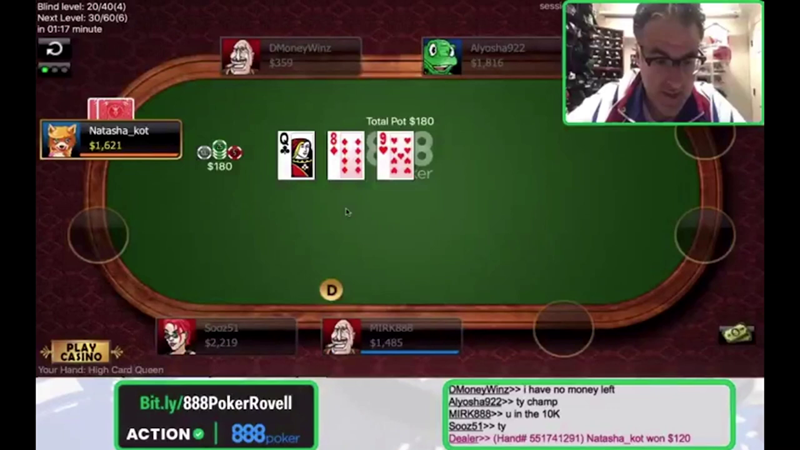Poker Straight Loop
If you had put in one or three coins the outcome would likely have been entirely different. The machine is constantly drawing random numbers and the numbers that were drawn at the moment you spin the reels determine the outcome. So, if you had played fewer or more coins you would have spun the reels at a different moment and thus the outcome would have been different.
Congratulations also on the new gig with Casino Player, I enjoy it the site and your occasional posts on bj21. As someone who works in the industry, admittedly not slots, I was under the impression that the more recent slots have the RNG stop the moment the first coin drops, so it really doesn't matter if you play 1,2, or 3 coins -- the symbols will line up the same. Have I been misinformed? According to your previous answer I apparently have. Keep up the good work and I'll stay in touch, thanks and best wishes.
Thanks for the kind words Dave. You're right that it was the money that finally made me accept the banners. It is my understanding that when the player presses the button to spin the reels the random numbers are drawn at that instant, which determine where the reels stop, and ultimately what you win. The number of coins bet does not matter.
Poker Straight Loop Meaning
That said, it is my understanding that in all forms of electronic games, including video slots, video poker, and video keno, the outcome is usually determined the moment you make your decision. Meanwhile the possible outcomes are constantly being shuffled, thousands of times a second. Pokerface is a Group Video Chat Poker Game that lets you play with your friends and meet new ones. Join Pokerface, see your friends, and chat with them live! Have a real poker night from anywhere in the world! Download Poker Face Now, Invite your friends, and get up to 1,000,000 welcome bonus chips. Featured on CNET.com, Geekdad.com, MSN.com, Yahoo News, and many more! Daniel Negreanu had another tough session in his heads-up match against Doug Polk on Wednesday.Down $674k before the session, Daniel Negreanu lost another $101k over the course of 3 hours on Wednesday. 10.4 Use the methods developed in Exercise 10.3 to write a program that deals two five-card poker hands, evaluates each hand, and determines which is the better hand. 10.5 Modify the program developed in Exercise 10.4 so that it can simulate the dealer. The loop isn’t there to press straight down, but to use gentle pressure from one side to ease the blackhead out—which should come out as a satisfying “plug.” Cleanse your skin again, then apply toner and moisturizer. Wash the tool in hot soapy water and allow to air dry, or wipe with alcohol (easy!).
Thanks for the compliment. The outcome of the game is determined when the player initiates the spin. The game is constantly drawing random numbers, even when not played. The random numbers chosen at the moment the button is pressed to spin the reels determine where the reels stop, which determines what the player wins. So, if the player bet three coins he would have pressed the button at a different moment, causing a different outcome.
No, that information won’t help you at all. Your odds are always the same on every spin, regardless of the counters.

To answer your question I asked a well connected gaming consultant and he said Nevada regulations state that one stop on a reel can not be weighted more than six times more than either stop next to it. So if a jackpot symbol were weighted by 1 and both bordering blanks were weighted by 6 then there would be 12 near misses for every one time the reel stopped on the jackpot symbol. This would be the maximum allowed near miss effect. My own results detailed in my slot machine appendix 1 back up this theory well. The red double seven was the highest paying symbol and I saw the blanks above and below it about 5 to 6 times as often:
Double Strike Actual Results
| Symbol | Reel 1 | Reel 2 | Reel 3 |
| Blank | 250 | 248 | 291 |
| Double red 7 | 52 | 51 | 55 |
| Blank | 259 | 292 | 262 |



The same source said that New Jersey and Mississippi likely have adopted the Nevada regulations.
My understanding is that the person who is pressing the buttons gets the money. I asked Brian, who helped with the last question, about this. Here is what he wrote, which I agree with.
In the scenario described, the person who put in the money and pressed the buttons would receive the jackpot.
What I find interesting about this question is the paradox that in all likelihood, the jackpot never would have occurred without this chance encounter.
As you know, the random number generator in the slot machine is continuously working even when the machine is not in play. So even though one patron feels cheated, their run-in ultimately led to pressing the spin button at that exact millisecond when the RNG was on the winning combination. So, if one patron had acquiesced, there is never a jackpot to fight over.
Thanks for helping in the fight against betting systems. First let me say that I have never worked for a major slot machine company and don’t have direct knowledge of this. However, I know many people in the industry and those I trust pretty much are in agreement on this topic.
That said, it is my understanding that in all forms of electronic games, including video slots, video poker, and video keno, the outcome is usually determined the moment you make your decision. Meanwhile the possible outcomes are constantly being shuffled, thousands of times a second. I can’t speak for every slot machine but I believe that with the major U.S. slot makers the outcome is not predestined but depends on the exact microsecond you press the button to make your play.
Poker Straight Loop Game
Thanks for the kind words. Scratch cards and pull tabs can indeed be printed in batches. These batches will have a specified number for each win, and the return of the overall batch will be exactly as the maker intended. In some jurisdictions, where only pull tabs are legal, the outcome can be displayed to the player on a video monitor, in the form of a slot or video poker machine. However, in Nevada, that is not how slots work. Each play is completely independent of the past. A machine programmed to average a 97% return, could indeed pay under 95% or over 99% over a year, especially if not heavily played.